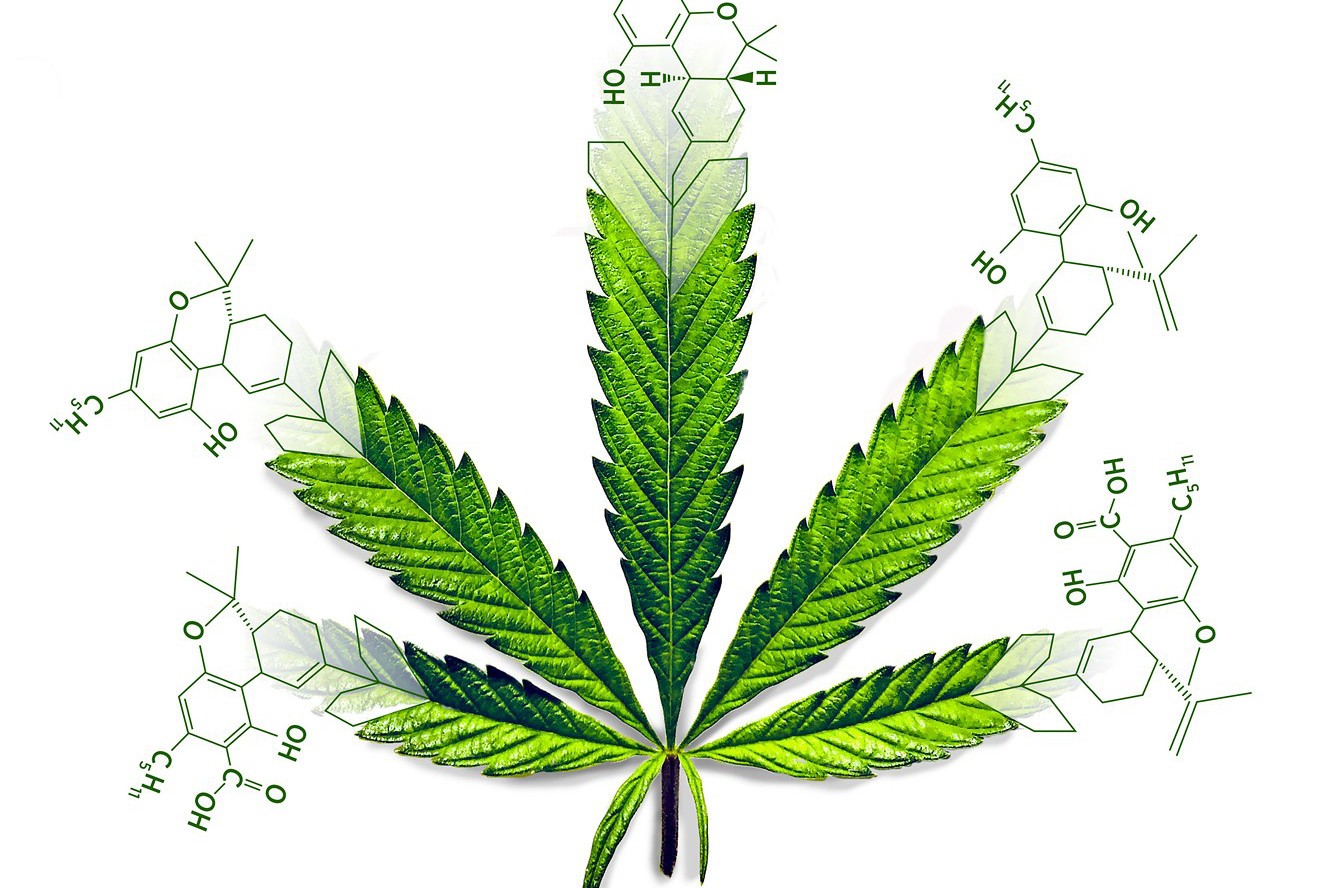Dubbed the “Hemp Advancement Act of 2022,” the bill aims to do something Texas lawmakers attempted during the last legislative session: implement a low-percentage cap on all THC in hemp products, not just delta-9 THC. (Texas is also actively trying to ban all other THC isomers except for delta-9.)
Both federal and state hemp laws legalized the growing of the plant, as long as it contains less than 0.3% delta-9 THC, the main chemical in marijuana that gets users high. But, the law didn’t spell out any limitations on other forms of THC, like delta-8 and delta-10. These are THC isomers, chemicals that share the same formula as delta-9 but have different chemical structures and effects. Delta-8, for example, is generally regarded as less potent.
“The 2018 Farm Bill laid a legal pathway for hemp production but created overly complicated regulations and hardship for farmers and small businesses in the process,” Rep. Chellie Pingree of Maine said in a press release about the bill. “I am introducing The Hemp Advancement Act of 2022 to eliminate unworkable testing requirements, set reasonable THC thresholds for producers and processors while protecting consumers, and end the discriminatory policy that bans people with drug convictions from growing legal hemp.”
Pingree didn't respond to a request for comment.
Pingree thinks the THC cap should be lifted to 1% during production, which would in theory make things easier for growers. It would be easier for them to stay under 1% THC during production than trying to stay under 0.3%. The end product still has to be 0.3%. But under the new law, so much more of the plant is considered THC when all the isomers are included that it’s almost even more impractical for growers.
Some Texas growers are already sounding the alarm. “The Hemp Advancement Act of 2022 will destroy the hemp market,” Texas Hemp Growers said on Facebook. Texas Hemp Growers is a Texas hemp industry association.
“The most alarming change is the redefinition of finished consumer hemp products from 0.3% delta-9 THC to 0.3% total THC, which will effectively destroy the smokable flower market and put many hemp farmers out of business,” the group said. “Practically no CBD flower stays below 0.3% total THC post-cure unless harvested prematurely.”
The group added: “There is intent to significantly ban ALL delta-9 isomers. Delta-8, delta-10, and other isomers above 0.3% in concentration would be made illegal across the entire country. Any court case in Texas would be moot if this passes.”
But it’s not all bad, and not everyone is opposed. If passed, the bill would also do away with certain testing requirements and lift restrictions that prevent people with drug-related felonies from getting a hemp license. People with drug-related felonies have to wait 10 years before they can get a hemp license, according to the 2018 Farm Bill. Current laws also stipulate that potency tests must be conducted by labs registered with the Drug Enforcement Agency. There are none in Maine. Labs wouldn’t have to be register with the DEA to test for hemp potency under the new law.“The Hemp Advancement Act of 2022 will destroy the hemp market." – Texas Hemp Growers
tweet this
Jonathan Miller, who serves as general counsel for the industry group U.S. Hemp Roundtable, told Forbes that the bill would help honor commitments made to hemp farmers and processors under the 2018 Farm Bill. American Herbal Products Association, Americans for Safe Access, the Association of Western Hemp Professionals and other groups also say they support the bill.
“We feel strongly that the measures within the Hemp Advancement Act of 2022 will address critical issues holding back our industry and are crucial to unlocking the unlimited agricultural and economical potential of this market,” Miller adds. “We are deeply grateful to Congresswoman Chellie Pingree for her strong leadership in spearheading this legislation on behalf of hemp growers, processors, and consumers nationwide.”
Miller said the legislation would create “separate regulatory pathways for non-intoxicating hemp and intoxicating adult-use cannabis products.” Still, these pathways are not laid out in the bill, and it’s not clear what they would look like.
Texas Hemp Growers encouraged people to contact Pingree “to explain that her bill will turn the entire industry on its head and needs serious work to be accepted by the hemp community.”












